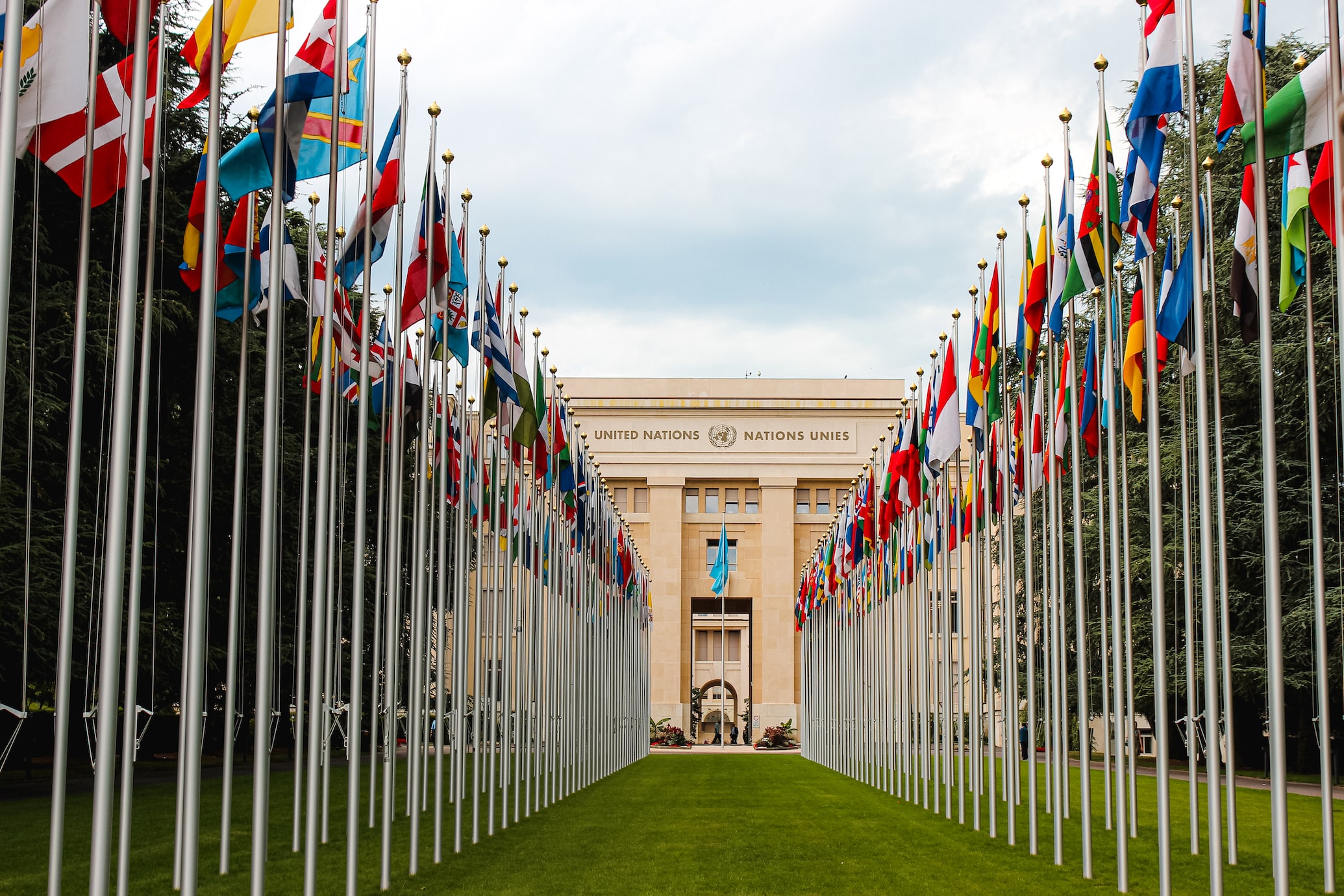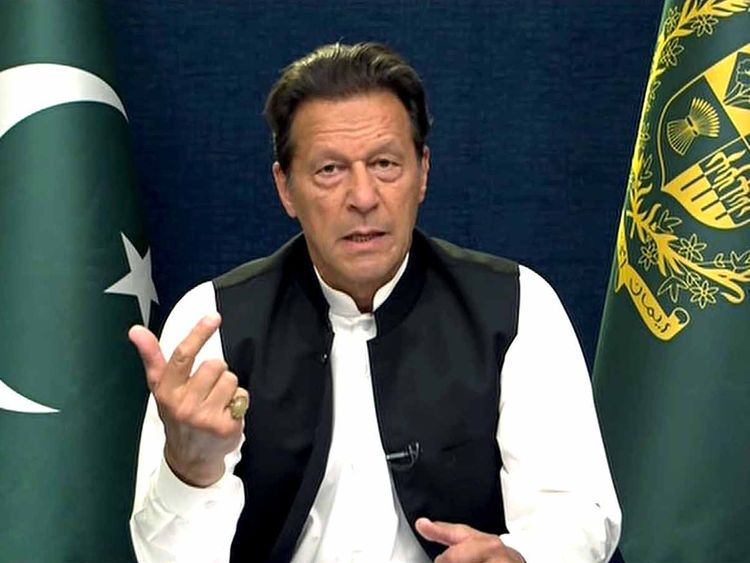While they readily condemn actions in other countries that are detrimental to democracy and human rights, they often turn a blind eye to similar actions when perpetrated by themselves or their allies. This glaring double standard is exemplified in the cases of political figures like Alexei Navalny, Donald Trump, and Imran Khan, as well as in their inconsistent responses to coups in different regions of the world.
Selective Condemnation of Political Oppression
The case of Alexei Navalny's arrest in Russia exposed a stark contrast in Western governments' reactions. When leaders in countries like Russia arrest political opponents, Western nations are quick to criticize such actions as an attack on democracy and human rights. However, the Western governments' response to similar actions carried out by their own leaders or allies can be far more muted, if not outright supportive.
The arrest and subsequent trials of former US President Donald Trump and former Pakistani Prime Minister Imran Khan serve as prime examples. The allegations of political witch hunts targeting these leaders have led to concerns over the impartiality of justice systems. Yet, the Western world's vocal condemnation of similar events occurring elsewhere often falls short when it involves their own political establishments.
Coups: A Tale of Double Standards
The issue of coups further highlights the inconsistent stance of Western governments. During the Arab Spring, certain Western nations supported and sponsored coup-like movements in various countries, ostensibly in the name of democracy and human rights. However, these interventions often led to destabilization and geopolitical complexities, with long-lasting consequences for the regions involved.
Contrastingly, Western governments have recently condemned coups in African nations, decrying them as affronts to democratic values. This double standard, where interventions are deemed acceptable or unacceptable based on the region, undermines the credibility of Western nations' stance on global democracy and governance.
The Need for Consistency and Integrity
Critics argue that such double standards not only erode the moral high ground of Western governments but also contribute to global distrust and skepticism. To maintain credibility in their calls for democracy, human rights, and rule of law, Western governments must demonstrate consistent principles and a commitment to upholding these values, regardless of political affiliations or geographical locations.
Beyond Hypocrisy
As the world navigates complex geopolitical challenges, it becomes imperative for Western governments to reflect on their actions and rhetoric. By adopting consistent principles, they can transcend the perception of hypocrisy and demonstrate a genuine commitment to democratic values, human rights, and the rule of law. It is only through this commitment that they can effectively contribute to a more just and equitable global order, free from double standards and selective outrage.


